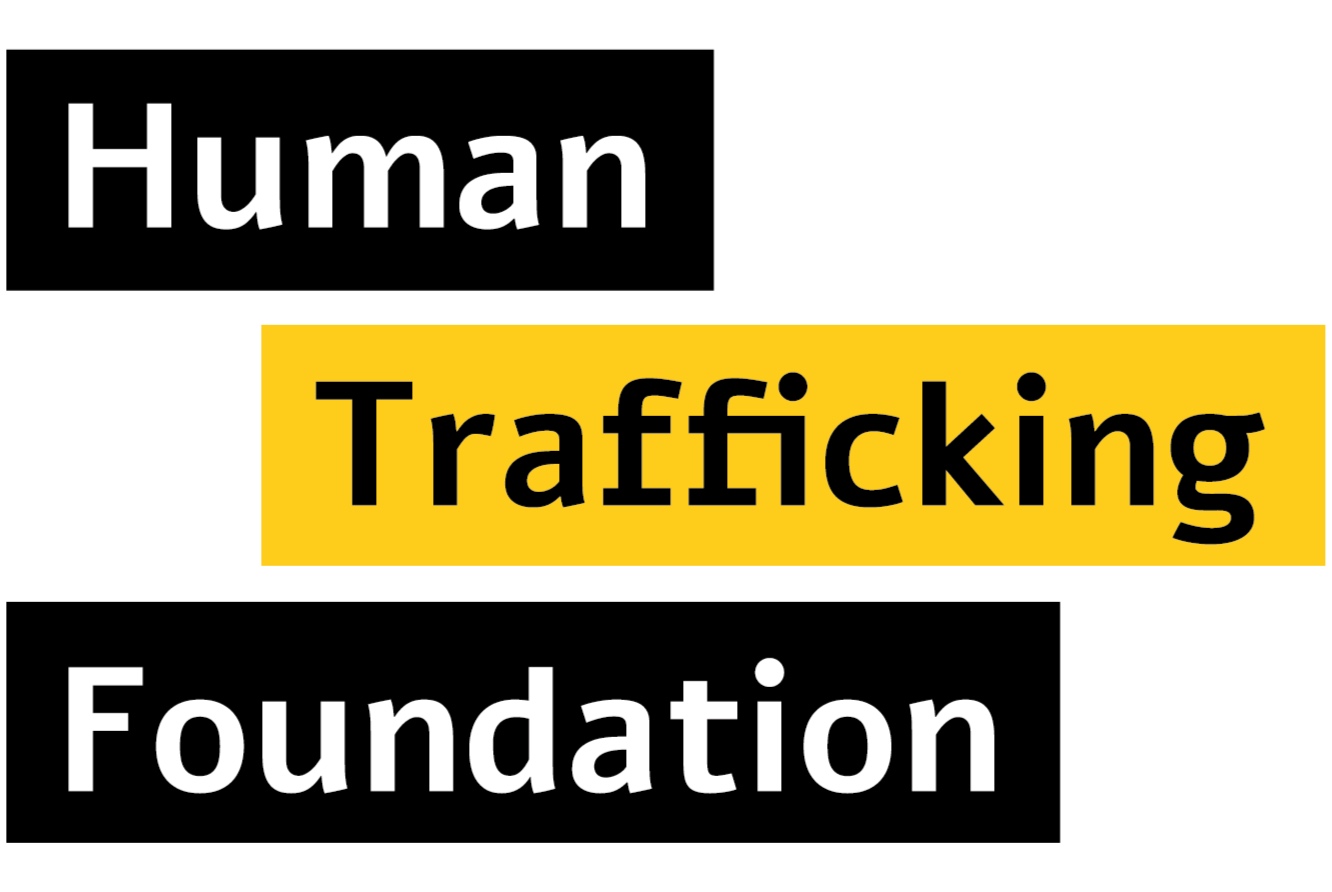A pathway to recovery?
The pathway from ‘victim’ to ‘survivor’ of trafficking can be tricky to navigate. Each person’s circumstances will be different, but for many it will involve recovering from the effects of exploitation on their mental or physical health as well as addressing immediate material needs such as somewhere to live and money for food and essential supplies. At the moment, the Modern Slavery Act does not provide victims with the support they need in order to recover and rebuild their lives. Many end up destitute and homeless, meaning that they become prey to traffickers once more and this brutal cycle repeats itself. A private members bill currently going through the House of Lords seeks to change this.
Lord McColl of Dulwich a long-time campaigner on human trafficking has introduced the Modern Slavery (Victim Support) Bill, to guarantee adult victims will be offered support during and after the National Referral Mechanism process.
The Bill will create a legal obligation for the Government to provide support of a kind already provided to people who are thought to be victims and are referred to the National Referral Mechanism (NRM). This forty-five-day reflection and recovery period is vital to help people in the immediate moment of crisis when they escape from their situation of exploitation. However, because it is not protected by law, there is no guarantee about the type of assistance that victims should receive. In contrast, in Scotland and Northern Ireland victims, and the charities that support them, have a legal guarantee of the minimum levels of support that should be provided.
The Bill’s second objective is to set victims on a pathway to rebuilding their lives for the long term. There is significant evidence that many victims who have received confirmed victim status through the NRM are facing homelessness, destitution and serious risks of re-trafficking. The problem is that being assessed as a victim of human trafficking does not give a person any automatic rights to financial support or housing. There are some limited options for EU citizens or victims helping police or undergoing specialist medical treatment. But these options are not available for all victims. Some find it difficult to prove that they are entitled to help and others simply do not qualify. Many victims are still dealing with trauma and anxiety and find it difficult to negotiate a maze of different services without support. They also need time and help to build up skills and resilience so they can withstand the dangers of re-trafficking.
Lord McColl’s Bill will close the current gap in support by giving all confirmed victims the right to receive support and assistance for 12 months in the UK after they receive a positive conclusive grounds decision. It also ensures that victims will have a long-term care plan and a support worker to help them access services and begin that journey from ‘victim’ to ‘survivor’.
The Bill had its Second Reading debate in the House of Lords on 8 September and received wholehearted support from many peers from all parties although the Government did not itself endorse all the Bill’s proposals. The Bill now moves to Committee Stage and we continue to urge the Government to use this Bill to improve the protection offered to victims and help them on that pathway to recovery.
By Louise Gleich, Senior Policy Officer for Human Trafficking at CARE and research assistant to Lord McColl of Dulwich.

